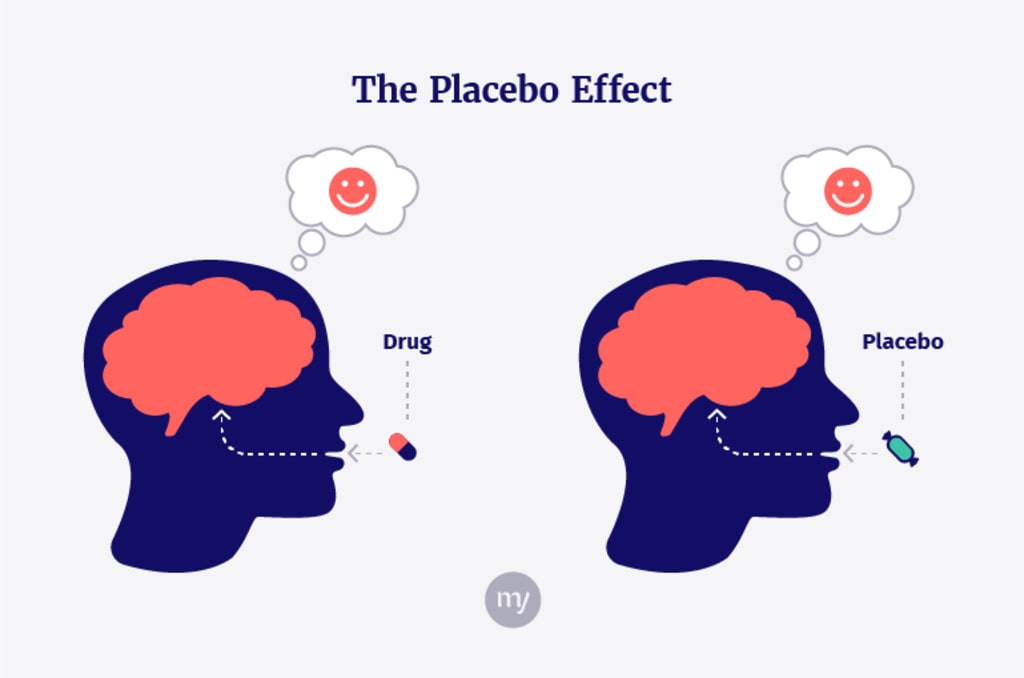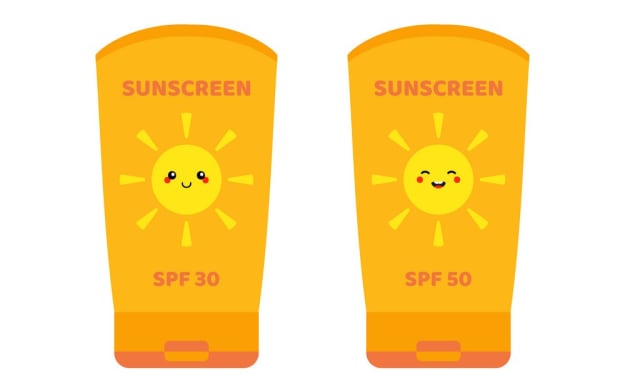
56 participants participated in a 1996 trial to examine the effectiveness of the novel analgesic Trivaricaine. On each subject, the new painkiller was applied to one index finger only, leaving the other unaffected. Both were then painfully clamped together. In comparison to the untreated finger, the subjects claimed that the treated finger hurt less. This shouldn't come as a surprise, except Trivaricaine was a phony mixture with no pain-relieving effects at all, not even a real painkiller.What led the kids to believe that the fake medicine had actually worked? The placebo effect, a mysterious phenomena where drugs, treatments, and therapies that are frequently phony and are not supposed to have an impact, provides the solution. Since they discovered the ability of phony pharmaceuticals to alleviate patients' symptoms in the 1700s, doctors have used the term "placebo" in their vocabulary. These were used when appropriate medications weren't available or if a person believed they were ill. Actually, the Latin root of the word "placebo" (which means "I shall please") suggests that it has a history of soothing uneasy patients.To be effective, placebos had to closely resemble the actual treatments; as a result, they were presented as sugar pills, water-filled injections, and even mock surgeries. Doctors soon discovered that deceiving patients in this manner could be useful in clinical experiments. By the 1950s, researchers were routinely testing novel treatments with placebos. For example, in a trial, half the patients might get the actual medicine being tested. A placebo with the same appearance would be given to the other half. Researchers reasoned that the results wouldn't be skewed because patients wouldn't be able to tell whether they had received the genuine article or a dud. The effectiveness of the new medication was then established if it outperformed the placebo by a substantial margin. Due to ethical issues, this method of using placebos is less used today. It's better to compare a new drug to an older version or an existing drug rather than not treating a patient at all, especially if they have a serious illness. In these situations, placebos are frequently employed as a control to fine-tune the study and allow for accurate comparison of the effects of the new drug against that of the old drug or an alternative treatment. However, we also know that placebos have an impact of their own.Patients have found relief from a variety of conditions, including heart issues, asthma, and excruciating pain, thanks to the placebo effect, even when all they had received was a fake medication or a phony operation. We're still attempting to figure out how. Some contend that the placebo effect is not real, but is instead mistaken for other phenomena, such as patients' attempts to appease doctors by inflating their reports of progress.However, scientists believe that if a person thinks a phony treatment is effective, their expectations of recovery actually do stimulate physiological processes that lessen their symptoms. The release of molecules that lessen pain, such as endorphins, as well as observable changes in blood pressure and pulse rate appear to be possible effects of placebos. That explains why participants in pain trials frequently report that placebos make them feel better. Placebos may also lower stress hormone levels, including adrenaline, which might lessen the negative symptoms of a condition. So why not acknowledge the odd advantages of the placebo? No, not always. A person could lose out on medicines or therapies that have been shown to be effective if they think a fraudulent treatment has treated them. In addition, good effects can and frequently do wear off over time. Clinical outcomes are also tainted by placebos, which motivates researchers to find out how they control our behavior. Even with all that we now understand about the human body, certain odd and enduring mysteries, like the placebo effect, remain. What other wonders that haven't been discovered might we have? It's simple to explore the world around us without realizing that one of its most fascinating themes is there in front of our very own eyes.
About the Creator
Niks
I deliver Informative content.






Comments
There are no comments for this story
Be the first to respond and start the conversation.